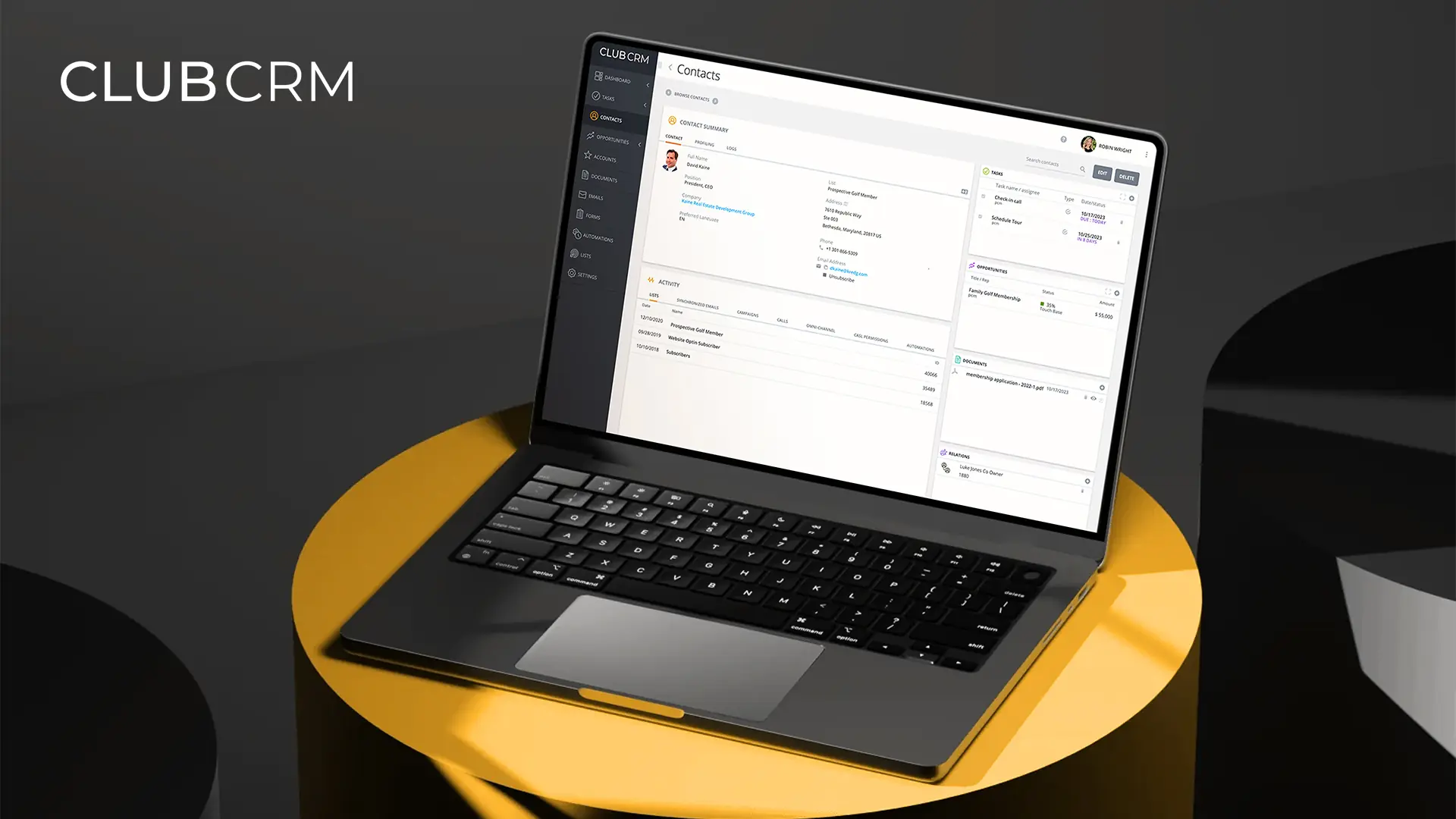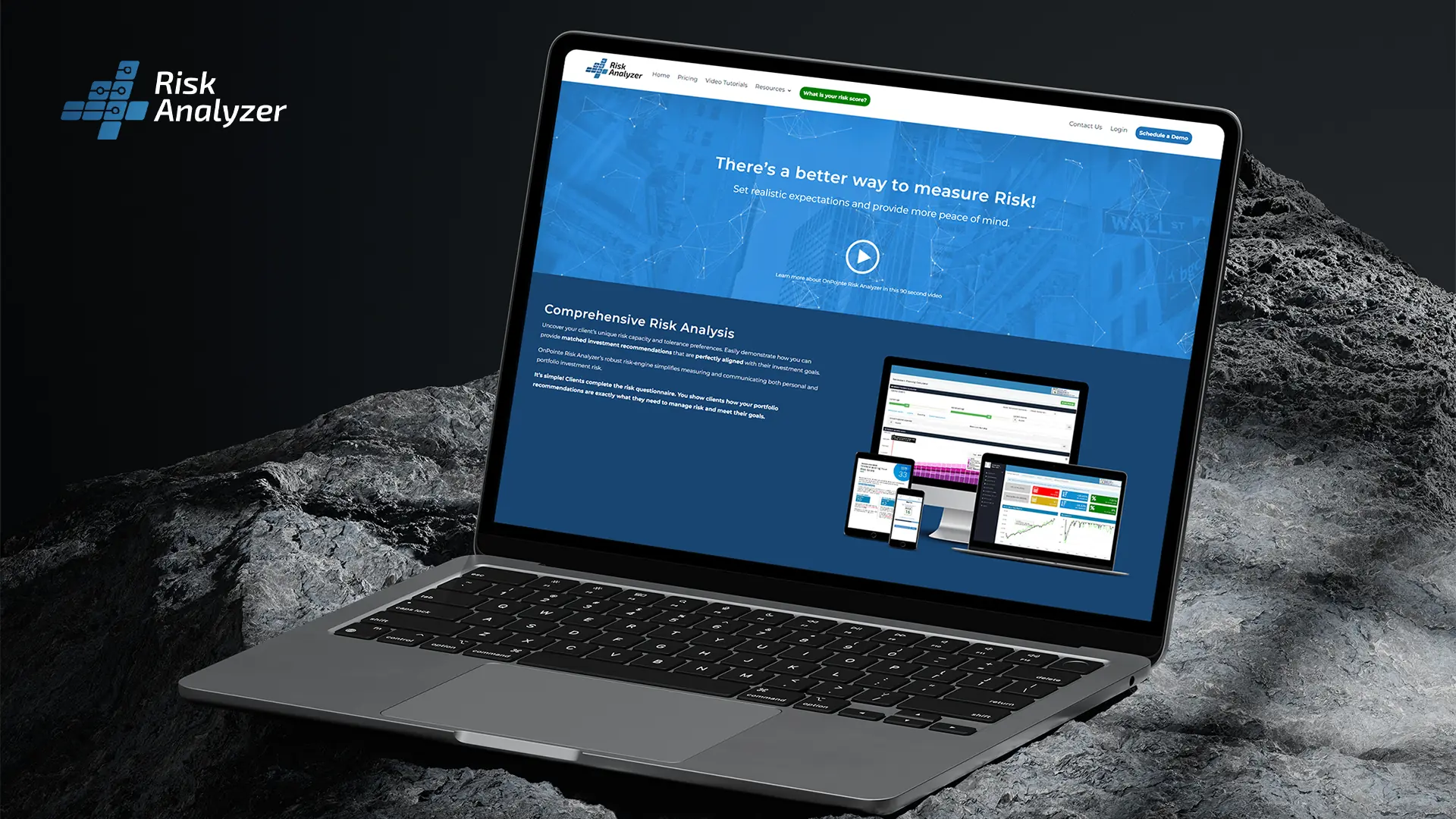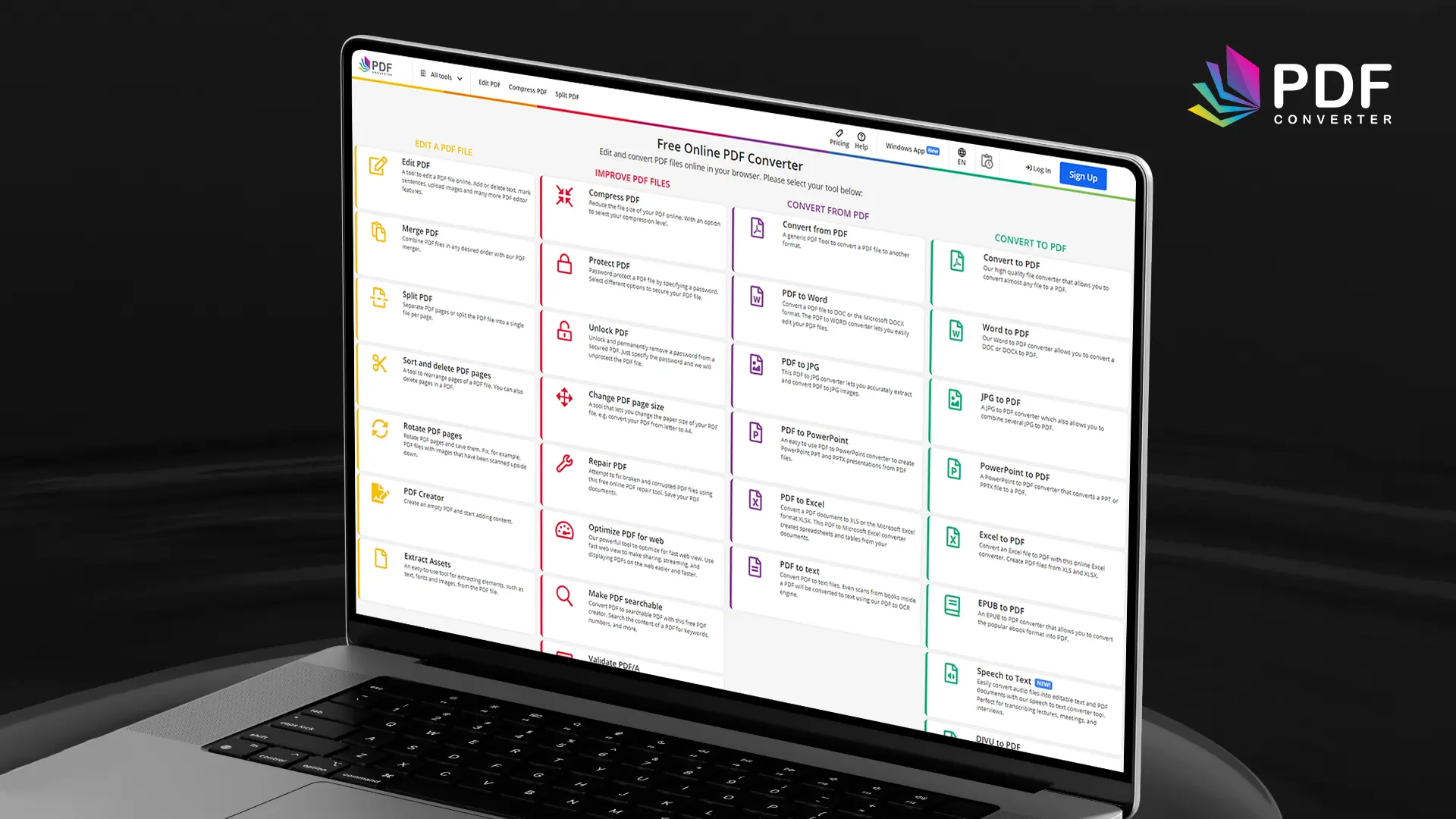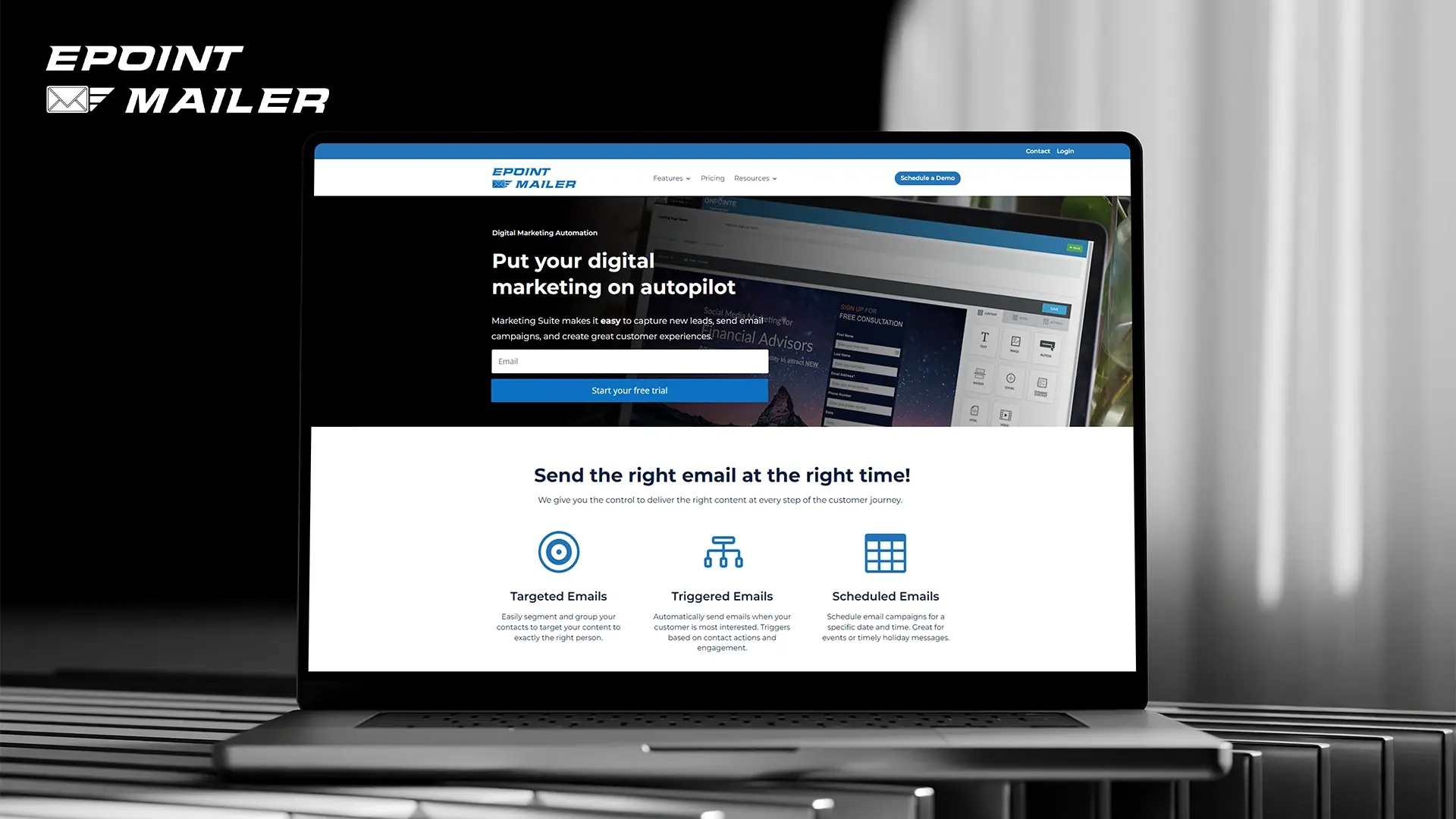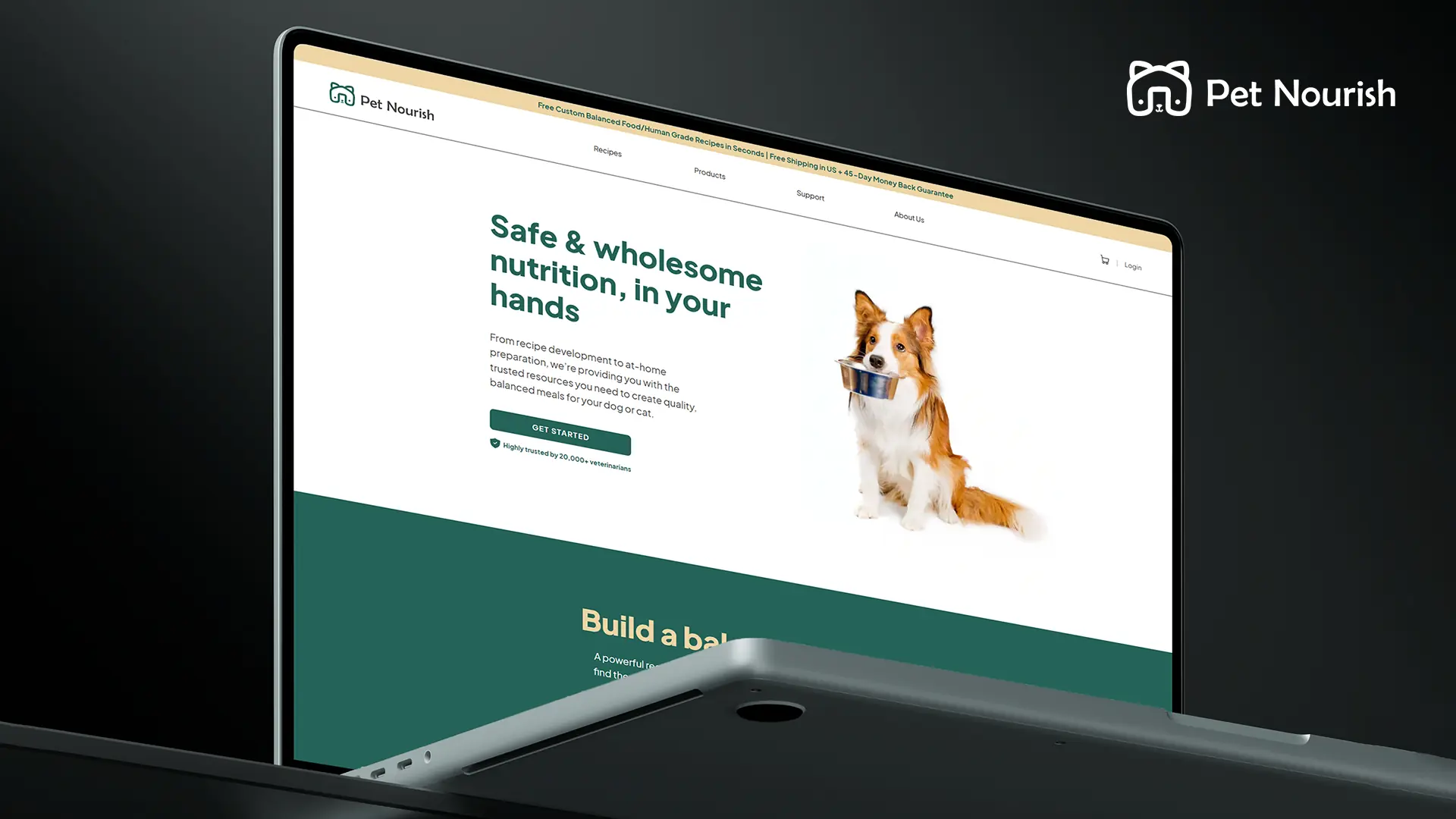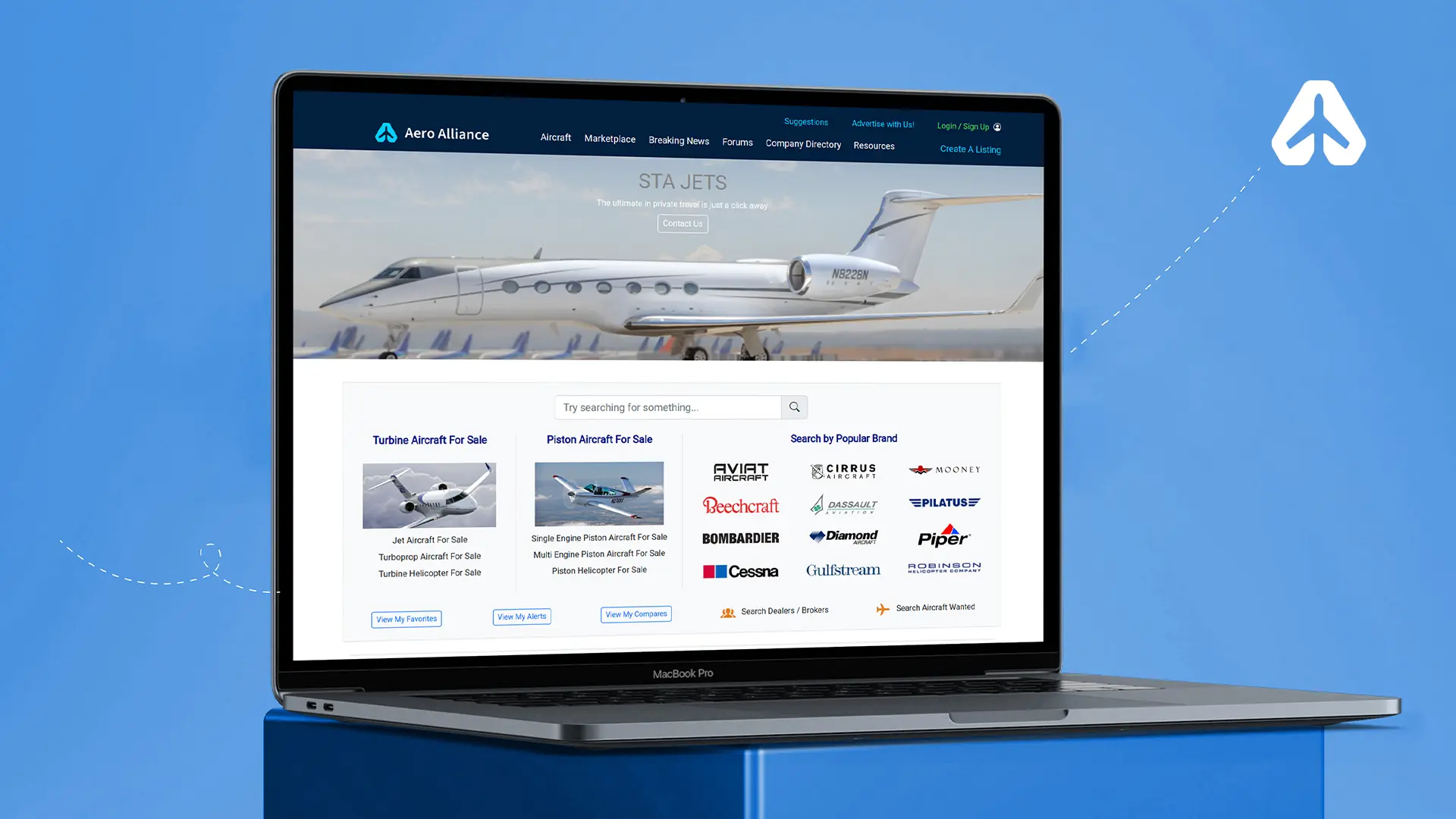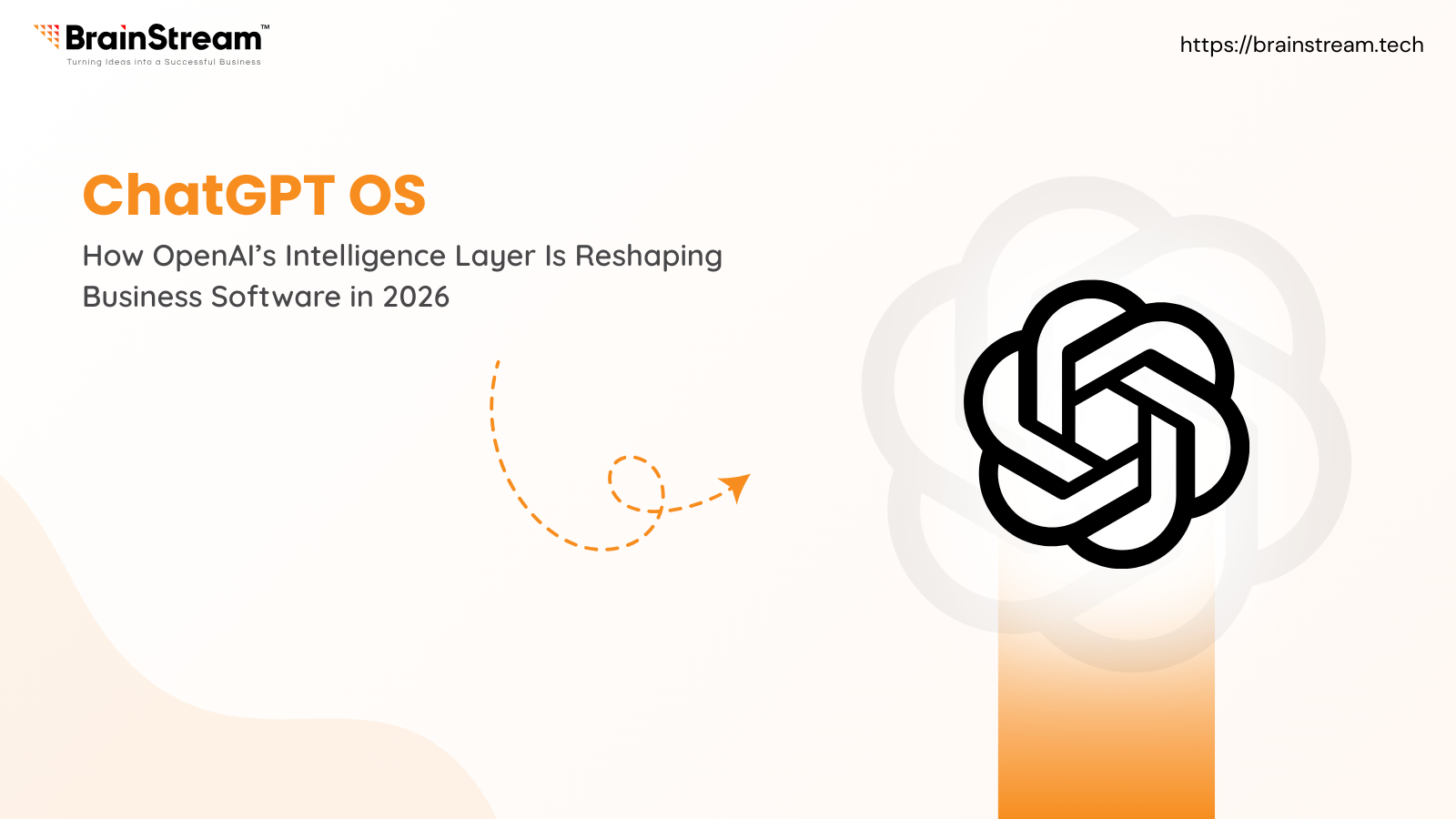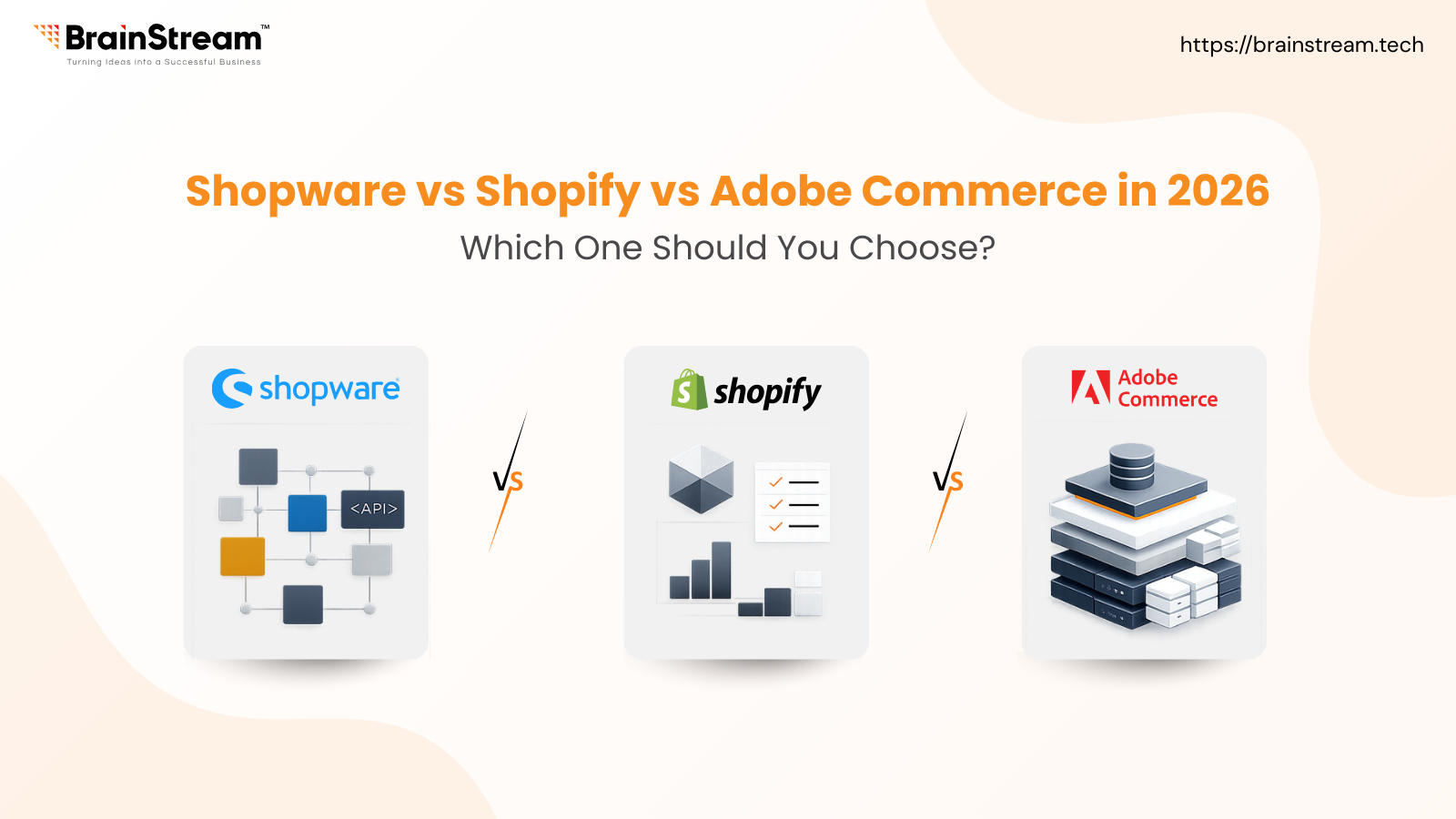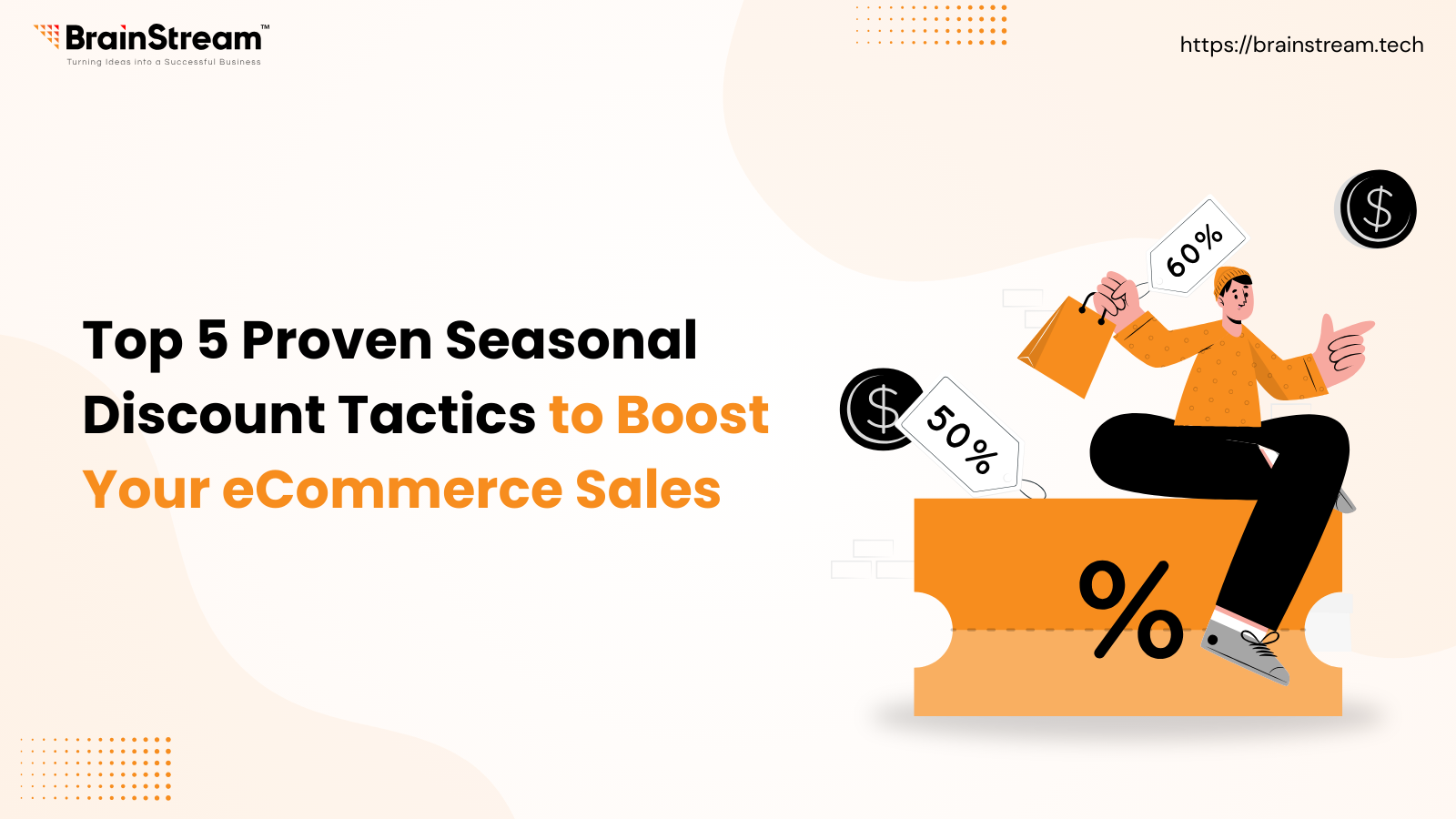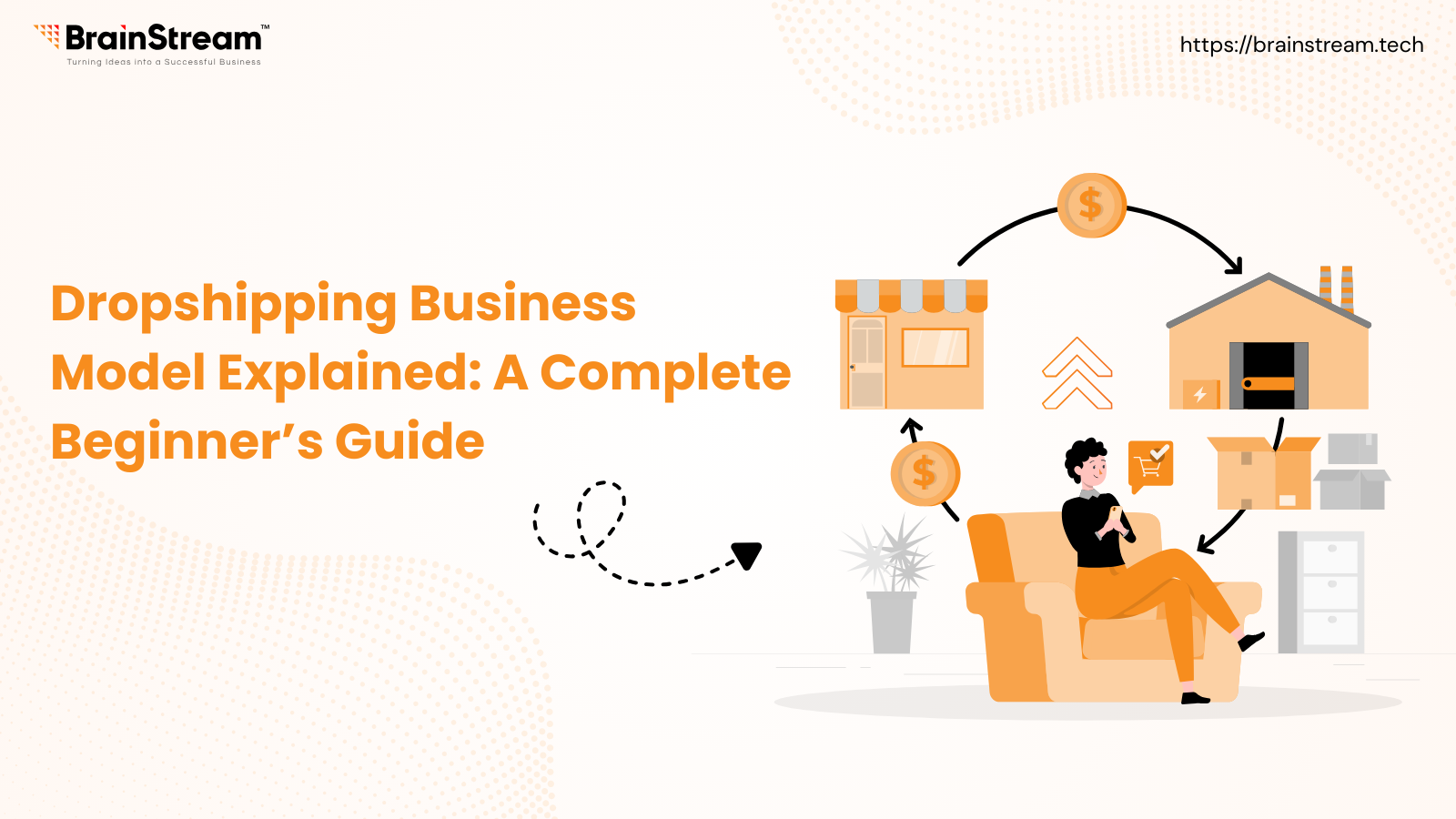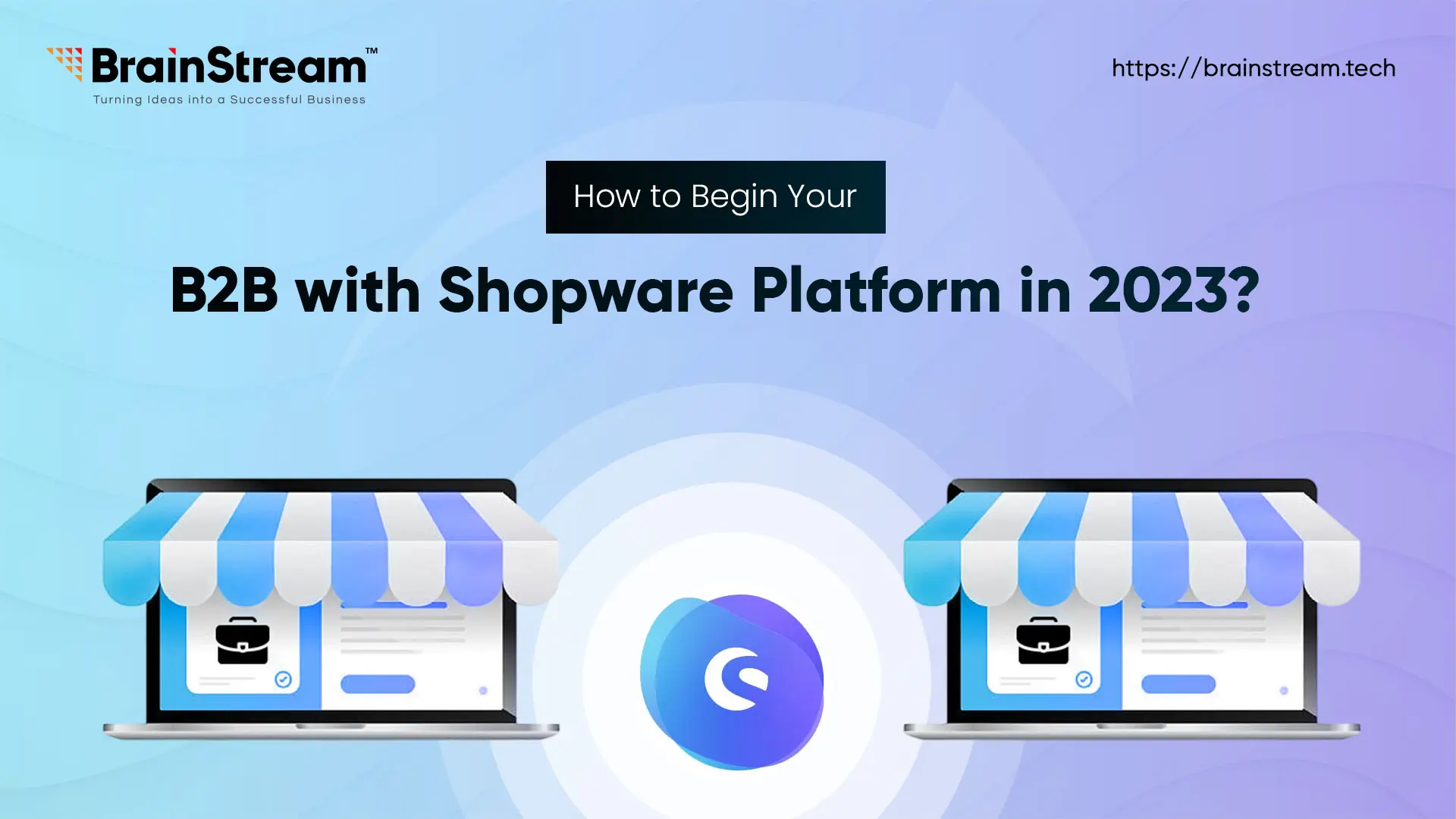
Summary:
By 2021, B2B eCommerce sales in the United States are estimated to exceed $6.7 trillion. Several more data indicate the ongoing change from traditional to online commerce. The new technology is transforming the environment, whether B2B or B2C.
February 21, 2023
Solutions like Shopware are critical when it comes to the catalysts that businesses need online. Shopware might be your ace if you own a B2B company and want to explore a completely new and digital marketplace.
What is Shopware?
Shopware is a popular open-source eCommerce platform designed for creating and managing online stores. Launched in 2004, it has become one of the leading eCommerce solutions in Germany and across Europe.
Key features include:
- Product and order management
- Customer management
- Marketing and promotion tools
- Third-party service integration
Shopware supports both B2B and B2C businesses and has a strong developer community that creates plugins and extensions to enhance platform functionality.
Why We Choose Shopware for Our B2B Online Store?
Shopware offers several advantages for businesses looking to start a B2B online store business:-
Advanced B2B Features
Shopware is a fantastic option for companies selling to other companies since it has sophisticated B2B capabilities, including custom pricing regulations, order approval procedures, customer-specific catalogues and many more.
- Custom pricing rules
- Order approval workflows
- Customer-specific catalogs
- Multi-level pricing
Scalability
Shopware can handle high traffic, large product catalogs, and complex business requirements, making it suitable for companies of all sizes.
User Experience
With its intuitive and modern interface, Shopware enhances the buying experience for both B2B and B2C customers, making product discovery and checkout seamless.
Flexibility
Being open-source, Shopware offers thousands of plugins and extensions, allowing businesses to customize their store to their unique requirements. This makes it a flexible choice for companies with particular requirements.
Security
To ensure that your online store and consumer data are safe, Shopware delivers a high level of security, including frequent updates and patches.
In general, businesses searching for a feature-rich, scalable, and adaptable e-commerce platform to power their B2B online store should consider the Shopware platform.
Step-by-Step Guide to Launching Your B2B Online Store with Shopware
Here is a step-wise process to start your B2B online store with Shopware eCommerce platform:
Define your B2B Business Model
Before you begin developing your B2B online store, you must first determine your company’s plan.
- What kinds of products or services will you offer?
- What’s your targeted audience?
- What are the unique selling qualities of your business?
The answers to these questions will assist you in developing a clear plan for your B2B store.
Choose Shopware as Your eCommerce Platform
Shopware offers features tailored to B2B sellers. Download and install the latest version from the official website and prepare your server for deployment.
Shopware is a well-known eCommerce platform that is ideal for B2B organisations. It has several features and functionality tailored exclusively to the demands of B2B sellers. You may install the newest version of Shopware on your server by downloading it from its official website.
Set up Your Online Store
- Configure shop settings
- Build your product catalog
- Set up payment and shipping options
- Design your storefront using Shopware templates and plugins
Configure Your B2B Features
Shopware has a number of B2B features that can assist you in meeting the special demands of your B2B clients. Custom pricing, minimum order amounts, individual client accounts, and multi-level pricing are examples of such features. You can tailor these functionalities to your company’s exact requirements.
Test Your Store
After you’ve set up your store and setup your B2B features, you should test it to ensure that everything is operating properly. Test your storefront, payment and delivery choices, and any special features that you have added to your shop.
Launch Your Store
When you are sure that your store is functioning properly, it is time to launch it. You may begin recruiting clients by advertising your shop to your target audience.
Monitor and Optimize Your Store
Once your business is up and running, you should monitor its performance and make any required adjustments. Track your store’s performance with analytics tools, and make adjustments to your storefront, product catalog, and B2B services as needed to enhance conversion rates and satisfaction.
Cost of Developing a B2B Online Store on Shopware
The cost of building a B2B store on Shopware can vary depending on a number of elements, including the business’s complexity, the customization needed, and the team’s experience. Several elements can influence the price of creating a B2B store on Shopware, including the following:
Shopware Edition
- Community Edition (CE): Free and suitable for small businesses
- Professional Edition (PE): Paid, includes more features
- Enterprise Edition (EE): Paid, for large businesses with advanced needs
Customization
If you need adjustments or extensions that are not part of the standard installation, the price of creating a B2B store on Shopware may go up. The creation of original plugins, themes, or integrations with outside services is are example of customisation.
Design
The complexity and customizability of the design might also affect how much it costs to create a B2B store on Shopware. If you require a complex and custom design, it can add to the development cost.
Development Team
The cost of building a B2B shop on Shopware might also vary based on the experience and rates of the development team you select. A greater rate may be charged by a more experienced and high-quality development team.
Depending on your business requirements, the cost to develop a B2B Shopware store can range from a few thousand to tens of thousands of dollars. Factors like custom plugins, integrations, and design complexity influence the final price.
However, it is crucial to remember that the cost might vary greatly based on your unique requirements and the criteria stated above. It’s preferable to talk with a Shopware development team to acquire a more precise quotation for your individual needs.
Why Shopware is Ideal for B2B eCommerce
- Feature-rich: Supports complex B2B operations
- Scalable: Handles large catalogs and traffic
- Flexible: Open-source with a vast developer community
- Secure: Regular updates protect your store and customers
Ready to Launch Your B2B Store?
Start your B2B journey with Shopware today. Contact our expert team to build a customized, scalable, and secure online store that meets your business needs.
Related Blog
eCommerce Development
Shopware vs Shopify vs Adobe Commerce in 2026: Which One Should You Choose?
Shopware vs Shopify vs Adobe Commerce - Choosing the right eCommerce platform in 2026 is no longer just a technical decision; it’s a strategic growth decision. Whether you're a founder scaling a D2C brand, a CTO planning international expansion, or...
eCommerce Development
Top 5 Proven Seasonal Discount Tactics to Boost Your eCommerce Sales
Every eCommerce brand looks forward to seasonal spikes in sales. However, reducing prices simply because competitors are doing the same can quickly lead to a pricing war, where margins shrink and no one truly benefits. Seasonal discount pricing, when planned...
eCommerce Development
Dropshipping Business Model Explained: A Complete Beginner’s Guide
Welcome to this easy-to-understand guide on dropshipping, a popular and flexible way to start an online business without following traditional retail methods. In the digital age, dropshipping allows you to launch an eCommerce store without stocking or handling products yourself....

Keep up-to-date with our newsletter.
Sign up for our newsletter to receive weekly updates and news directly to your inbox.
